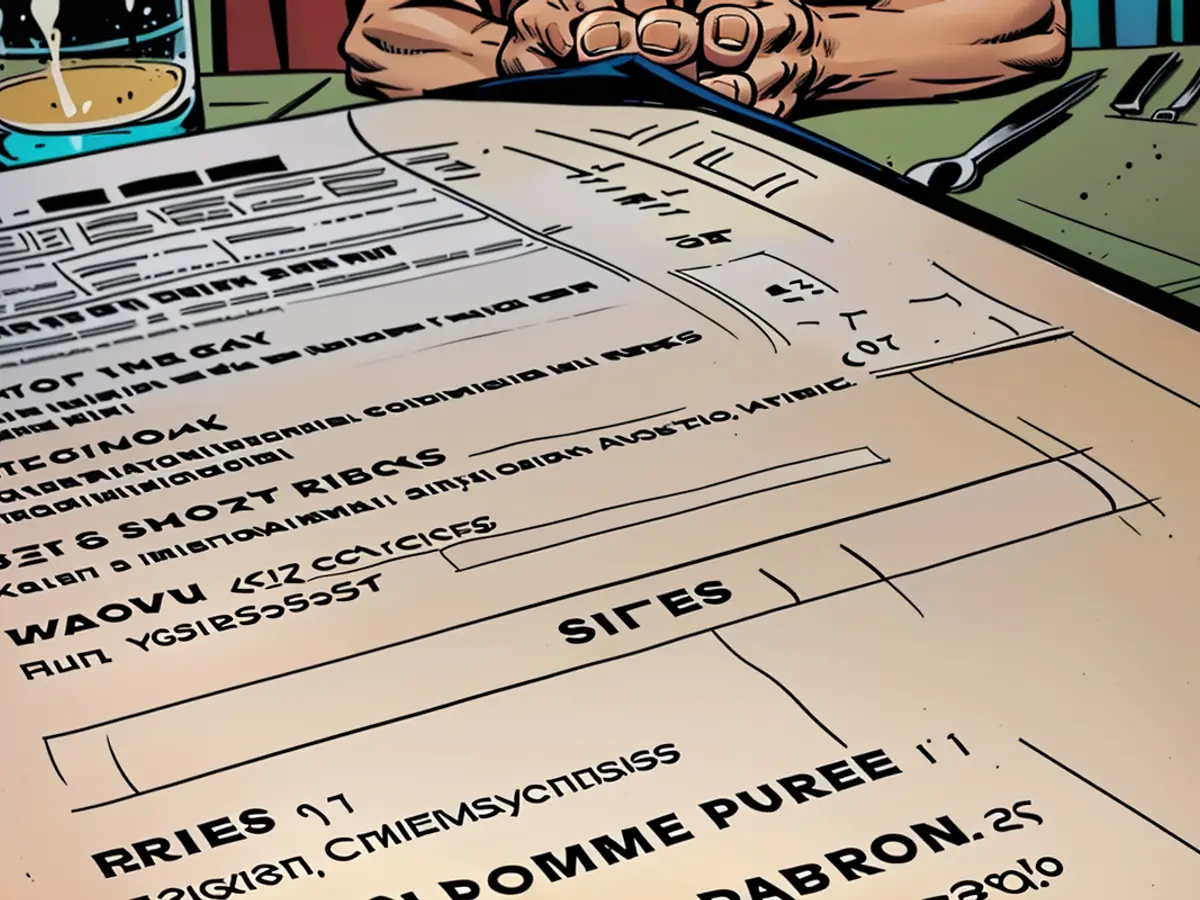Following the voting process - South Africa's ruling party, the African National Congress (ANC), looks for a coalition government involving other parties.
The South African ruling party, ANC, seeks collaborations with all parties present in parliament following its loss of an absolute majority. "It's decided that we'll invite political parties to form a government of national unity - our top choice for propelling the country forward," stated South Africa's President and ANC party chief, Cyril Ramaphosa, after an extensive meeting with the party's leaders.
On May 29, South Africa conducted its parliamentary elections, resulting in the African National Congress (ANC) losing its traditional absolute majority for the first time in 30 years. The party of Nelson Mandela's former anti-apartheid fighter now holds 159 out of 400 seats in parliament and can't govern independently. By the following week, the freshly elected MPs must establish a government and elect a president.
A government of national unity (GNU) is like a grand alliance incorporating all parties securing parliamentary seats. This government would embody the desires of all voters, according to ANC spokesman Mahlengi Bhengu-Motsiri pre-meeting. The ANC could potentially avoid aligning closely with a specific coalition partner, such as the economically liberal Democratic Alliance (DA), which could disenchant a significant portion of the ANC's voter base. Nonetheless, analysts perceive a GNU as potentially unstable or lacking in consensus.






